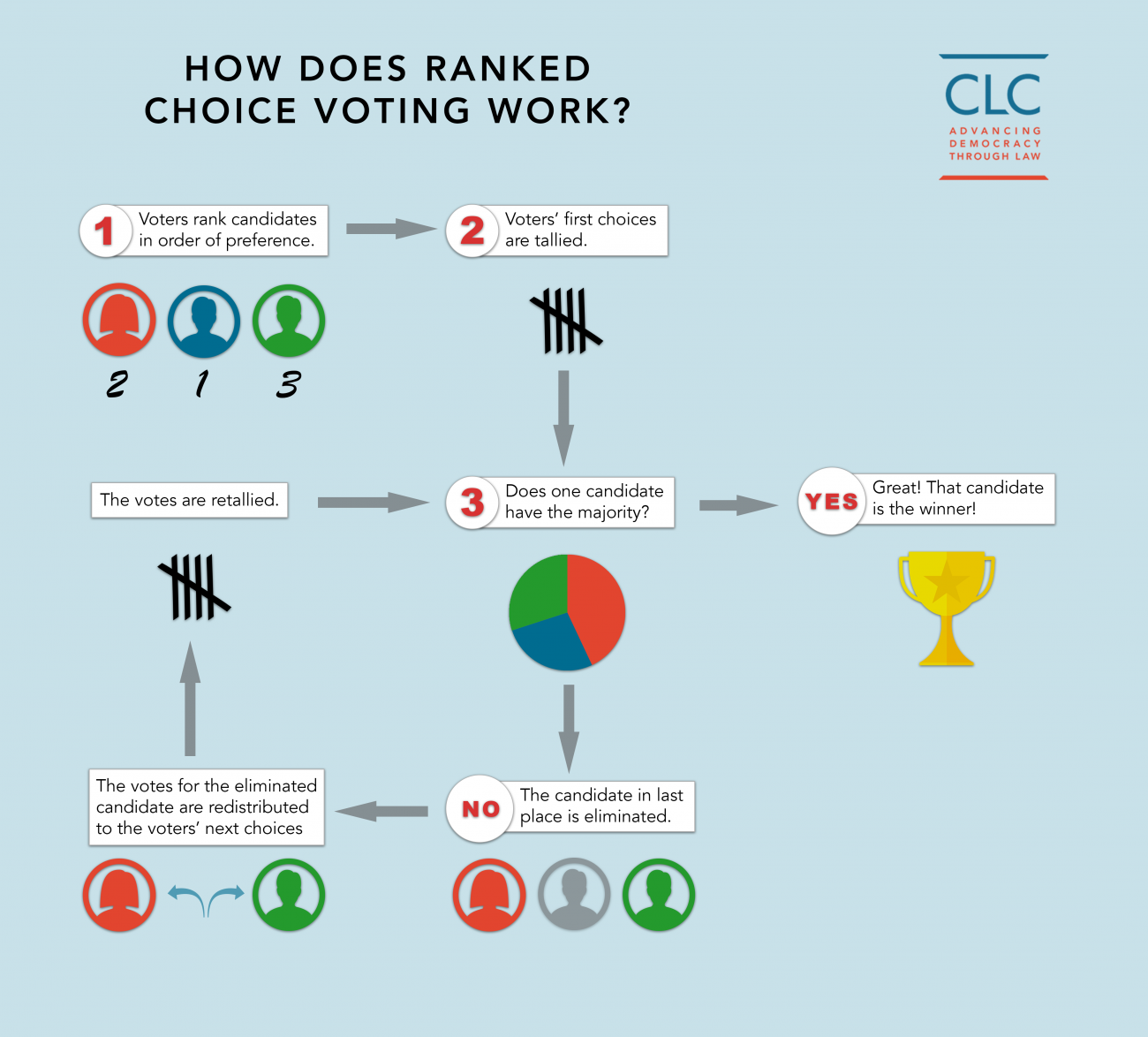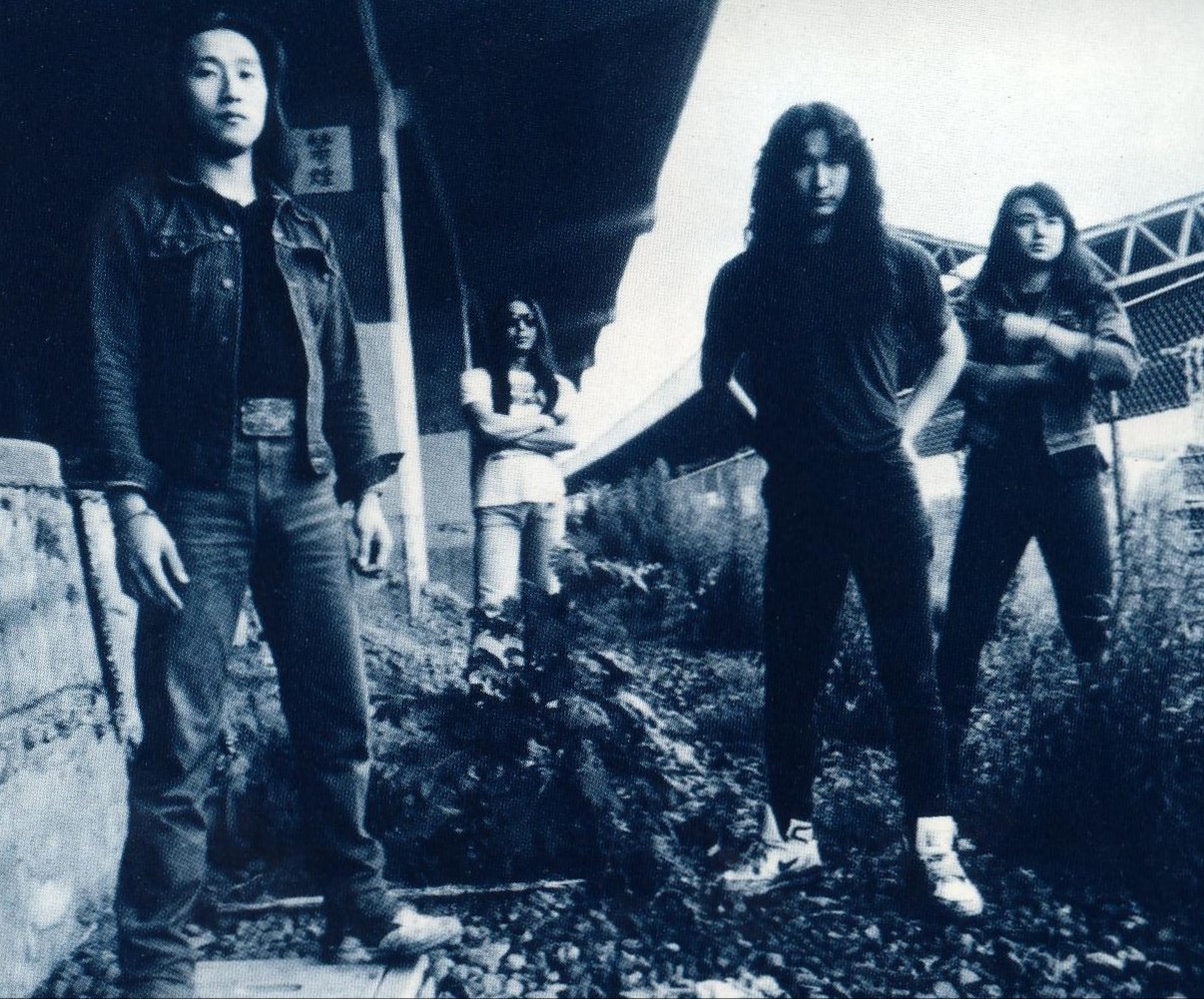The Eurovision Vote: Jury And Public Voting Explained

Table of Contents
The Role of the Public Vote in Eurovision Voting
The public vote forms a crucial part of the Eurovision Song Contest voting system. It reflects the popularity and appeal of each song with the general public across participating countries. This element ensures that the winning song resonates with a broad audience, reflecting the tastes and preferences of millions of viewers.
How does televoting work? Viewers in each participating country can cast their votes via telephone, SMS text messages, or dedicated Eurovision apps. Each country's public vote carries equal weight in the overall result, ensuring that smaller nations have an equal say in the final outcome alongside larger, more populous countries. This is a critical aspect of Eurovision voting, ensuring fairness and inclusivity across the diverse range of participating countries.
- Viewers vote via telephone, SMS, or dedicated apps. This provides various accessible methods for participation.
- Each country's public vote is weighted equally. This promotes fairness amongst nations of varying sizes.
- Potential for "neighbourly voting" or bloc voting. This is where countries tend to vote for geographically close nations or those with similar cultural ties.
- The impact of social media and pre-contest popularity on public votes. Social media campaigns and pre-existing fan bases significantly influence voting outcomes.
Marketing and fan engagement play a huge role in influencing public votes. Successful Eurovision campaigns often involve sophisticated social media strategies, targeted advertising, and engaging with online fan communities. Countries with historically strong public voting support, like Sweden, often exhibit sophisticated fan engagement strategies.
Understanding the Eurovision Jury Voting System
Alongside the public vote, professional juries from each participating country provide a critical assessment of the competing entries. These juries are made up of five music industry professionals – typically musicians, composers, and music journalists – who bring their expertise and critical eye to the Eurovision voting process.
The process is designed to be objective. Juries score each performance anonymously and independently, without knowing the results of other juries. This blind scoring prevents undue influence and promotes fairness. The aim is to provide a more critical and professional assessment that balances popular opinion with expert judgment.
- Each country has a five-member jury. These jurors are chosen for their musical expertise and experience.
- Juries score each performance anonymously. This safeguards against bias and ensures impartial assessment.
- The aim is to provide a more critical and professional assessment. This counters purely popularity-based voting.
- Juries help mitigate the effects of bloc voting. Their diverse perspectives offer a counterbalance to potential regional biases.
- Examples of how jury scores can differ significantly from public votes. This demonstrates the varying perspectives of the public and experts.
Despite the attempts at objectivity, potential for bias still exists within jury voting. The backgrounds and musical preferences of the jury members can influence scores, even unintentionally. The selection process of jurors has also been a subject of scrutiny in some cases.
Combining Jury and Public Votes in Eurovision
The Eurovision voting system ingeniously combines the public and jury votes with a 50/50 weighting. This is designed to balance popular appeal with professional judgment. Each country’s jury and public vote contributes equally to the final scores, ensuring a balanced representation of both aspects. This is a key characteristic that distinguishes Eurovision voting from many other music competitions.
- Each vote (public and jury) receives a certain number of points. These points are awarded based on rankings provided by each jury and nation's public vote.
- Points are awarded to the top 10 songs in each country. Only the highest-scoring entries receive points to emphasize high ranking performances.
- The overall winner is determined by the aggregate scores. This ensures a fair and balanced outcome, combining public and jury opinions.
- The system aims to balance popular appeal and artistic merit. This blend aims to reward both popular favorites and entries with high artistic quality.
While designed to be transparent, the combined voting process has seen occasional controversies. Discrepancies between public and jury scores, combined with the complexity of point calculations, have sometimes sparked debates and discussions surrounding potential biases.
Frequently Asked Questions about Eurovision Voting
The Eurovision Song Contest voting system, while generally well-understood, still has aspects that might confuse viewers. Here are the answers to some commonly asked questions:
- Can you vote for your own country? No, you generally cannot vote for your own country. This prevents undue influence and ensures fairness across all participating countries.
- Are there restrictions on voting? Yes, there are often limits on the number of votes per person and method of voting. This is implemented to prevent manipulation of the results.
- How are ties broken? If a tie occurs, tie-breaking rules are in place that usually involve the higher jury score deciding the winner. This emphasizes the importance of jury voting as a critical aspect of the system.
These frequently asked questions aim to clarify common misconceptions and demonstrate how various aspects of the Eurovision voting process help achieve fairness and equity.
Conclusion
The Eurovision voting system, a blend of public and jury votes, aims to create a fair and representative outcome. Understanding the roles of both the public and juries in Eurovision voting enhances the viewing experience, providing a deeper appreciation for the final results. While the system strives for balance, controversies can still arise, highlighting the complexities of combining popular opinion with expert judgment. By learning more about Eurovision voting, you become a more informed and engaged viewer, able to better understand the nuances of this international competition. Delve deeper into the fascinating world of Eurovision Voting – explore the historical results and analyze the voting patterns across different years to further your knowledge.

Featured Posts
-
 Rixi Moncada Responde A Cossette Lopez Analisis Del Choque De Posturas
May 19, 2025
Rixi Moncada Responde A Cossette Lopez Analisis Del Choque De Posturas
May 19, 2025 -
 Rylances Outrage Music Festivals And The Prison Camp Transformation Of London Parks
May 19, 2025
Rylances Outrage Music Festivals And The Prison Camp Transformation Of London Parks
May 19, 2025 -
 I Anastasi Toy Lazaroy Sta Ierosolyma Mia Bythismeni Meleti
May 19, 2025
I Anastasi Toy Lazaroy Sta Ierosolyma Mia Bythismeni Meleti
May 19, 2025 -
 Snls 50th Season Finale Scarlett Johansson And Bad Bunny
May 19, 2025
Snls 50th Season Finale Scarlett Johansson And Bad Bunny
May 19, 2025 -
 A Comovente Homenagem De Vitor Kley Ao Seu Pai Ivan Kley
May 19, 2025
A Comovente Homenagem De Vitor Kley Ao Seu Pai Ivan Kley
May 19, 2025
